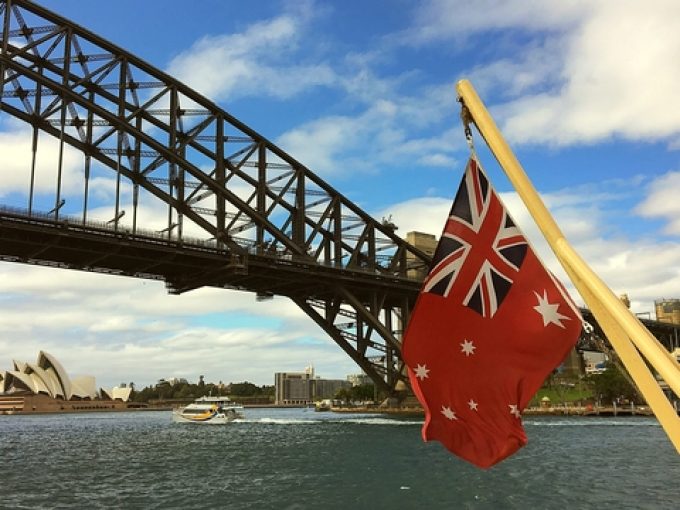Stevedoring down under – where some playing fields are less level than others
Either way, Mr and Ms Consumer lose

The Australian government has backed a series of proposals from a taskforce set up in 2022 to examine developing a national strategic shipping fleet reserve.
The Independent Taskforce on the Strategic Fleet published its report last week, which recommends creating a fleet of 12 vessels – domestically owned, registered and crewed – to “help Australia build resilience to freight disruptions, while supporting our maritime workforce and sovereign capability”.
The composition of the fleet’s vessel types has yet to be decided, although it ...
Maersk u-turn as port congestion increases across Northern Europe
Apple logistics chief Gal Dayan quits to join forwarding group
Maersk Air Cargo sees volumes fall as it aims for 'margin in favour of revenue'
Airlines slash freighter capacity post-de minimis, but 'the worst is yet to come'
Houthis tell Trump they will end attacks on Red Sea shipping
Transpac rates hold firm as capacity is diverted to Asia-Europe lanes
MSC revamps east-west network as alliance strategies on blanking vary
India-Pakistan 'tit-for-tat' cargo ban sparks sudden supply chain shocks

Comment on this article